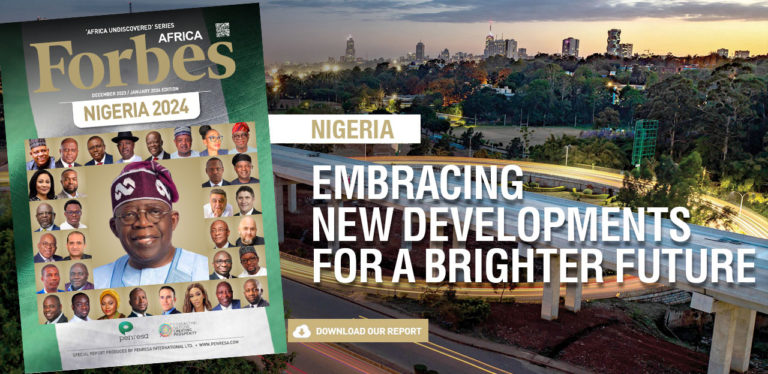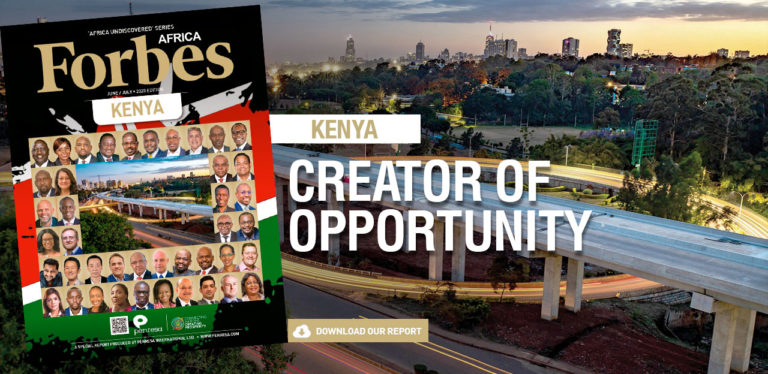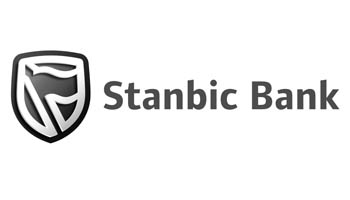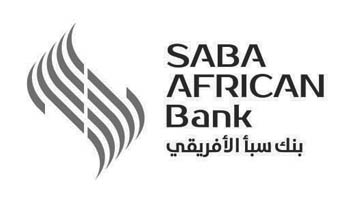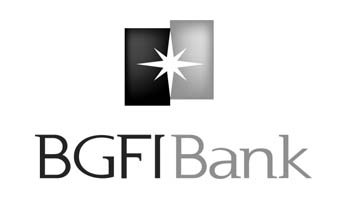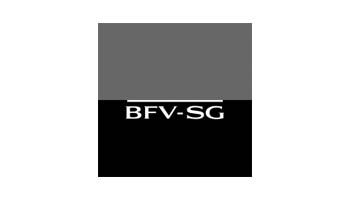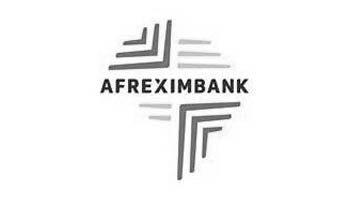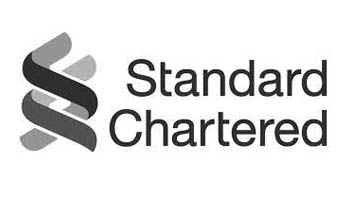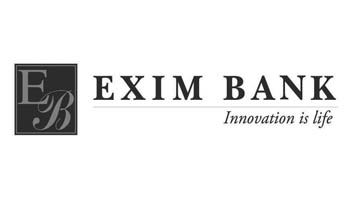With a flourishing democracy and business-friendly government, one of the world’s most beautiful and scenic islands also happens to be one of Africa’s wealthiest nations.
Positioned off the southeast coast of Africa in the Indian Ocean, at a strategic converging point for Africa, Asia and Australia, Mauritius is a breathtakingly beautiful tropical island of 1.3 million inhabitants and an upper middle-income economy. “Mauritius is a gateway to Africa, and is one of the superior places in terms of establishing your services,” says Sanjiv Bhasin, Chief Executive Officer, AfrAsia. “The service industry can penetrate any economy from here.”
The nation set out about reinventing itself after its independence in 1968, becoming not only one of the most stable democracies in Africa, but one whose prosperous diverse economy aims to achieve high-income status by 2025.
Under Prime Minister Pravind Jugnauth’s administration, economic and social reforms have been consolidated, as well as a drive in the implementation of tactical infrastructure. With the five pillars of its Vision 2030 in place: namely a strong economy, a fully open country, coherent social development and inclusive society, safer living environment for all and higher quality of life and sustainable development, the government is intent upon meeting the current generation’s needs without compromising its future. The implementation of the Sustainable Development Goals (SDGs) is a major key driver to the nation’s development in this respect. Investing greatly in its welfare system, the government now provides free education, health care and pensions for the elderly.
Prime Minister since 2017, H.E. Pravind Kumar Jugnauth states: “The private sector plays a vital role in promoting investment and economic prosperity. And in Mauritius, we have encouraged the private sector to take on social responsibilities. Amongst the various projects that Corporate Social Responsibility has led to in this country, is a project of low-cost housing for the most vulnerable.” Using this social platform, the SDGs address youth unemployment, while implementing technology and innovation to push Mauritius to the next level, with a specific focus upon the protection of its marine and terrestrial ecosystems against climate change, such as community-based coral planting and the construction of resilient infrastructure.
Its aim is to be simultaneously a model of sustainability, a green destination and a fully fledged ocean economy. “With the help of the Mauritius Oceanographic Institute, we are currently working on wave energy,” states Deputy Prime Minister and Minister of Energy and Public Utilities, Hon. Ivan Leslie Collendavelloo, GCSK, SC. “We have launched a prototype, which is an entirely Mauritian concept, developed by five scientists of the Mauritius Oceanographic Institute; the technology is there.”
In January 2020, Mauritius implemented a fisheries and acquaculture reform programme in order to empower SMEs while promoting acquaculture through PPPs. “The island aims to be sustainable,” states Sanjiv Bhasin, CEO of AfrAsia Bank. “We are concentrating on how we can adapt sustainable technologies and methods to doing business and conducting business in the corporate way and carry that forward.”
Mauritius has understood the importance of focusing upon fostering a conducive business environment in order to strengthen the island’s position as leading investment destination. Mark van Beuningen, Chief Executive Officer of CIM Finance, affirms: “If you look at Mauritius as a base for growing a business in Africa, it has a very stable climate. It is very easy to do business here, there are very strong financial services regulations and the legal framework is very strong as well.”
In close collaboration with its public sector, the Mauritius Chamber of Commerce and Industry (MCCI) has been implementing e-licensing initiatives, business process re-engineering reforms and the setting-up of a Regulatory Impact Assessment (RIA) Framework in order to ensure incentives and further improvement of the ease of doing business in the country. As a consequence, Mauritius ranked 13 out of 190 countries according to the Ease of Doing Business Report in 2019, while coming in absolute first in Africa in the World Bank Doing Business report for 2020 and the Ibrahim Index of African Governance.
It is also amongst the top 30 countries in the world on a further eight indicators, as well as amongst the top 10 countries in terms of business facilitation for ‘Paying Taxes’ and ‘Dealing with construction permits.’ It appears clear that the rapid growth of its economy is no miracle but a result of perseverance and policy.“The achievements of the last five years are the results of hard work and determination,” claims Hon. Collendavelloo. “This is the thriving factor behind every improvement.”
With an economy based in a variety of sectors, such as agriculture, exports, textiles, a booming financial services and tourism to its pristine beaches and coral reefs, potential in Mauritius is vast, with the IMF predicting a 3.8% GDP growth in 2020 and 3.9% in 2021. Arnaud Lagesse, Group Chief Executive Officer of IBL confirms: “We are now a diversified group, with retail, beverages, property, life, seafood and much more. All this gives us space for potential growth. Mauritius is a one-stop shop for everything.”
As a multiethnic, multi-religious, multicultural and multilingual nation, Mauritius is also the most liberalised country on the continent. In these uncertain times, it is also a robust model and example of the importance and strength of unity in diversity, never has its 50th anniversary slogan ‘Lame Dan Lame’ (meaning hand-in-hand) been so pertinent and crucial to its resilient development. Mohammed Shamshir Mukoon, General Manager of Central Electricity Board (CEB) agrees that this is a crucial element in the nation’s ability to transform and expand: “Our people are very versatile and we have structures available to satisfy all the different cultures we receive. We are very mixed ourselves, so, it’s easier for us to feel and welcome investors in the country and meet their expectations.”
Since its independence half a century ago, Mauritius has grown at an average annual GDP growth of 5.3%, one of the fastest developments in African history. Due to its successful industrialisation policies and by providing entrepreneurs with the opportunity to engage in business and investment, Mauritius has successfully transitioned from being the small agricultural island that it was, to becoming the ever-expanding, competitive, thriving and glorious global financial hub that it is today. “Mauritius has all the infrastructure that investors require nowadays to come and invest,” affirms Hon. Collendavelloo. “Not only in Mauritius, but in Africa. If you look at the official numbers of investment passing through Mauritius for Africa, it is going up. Investors are getting more and more sophisticated, because they are surrounded by advisors, trying to use more and more sophisticated financial instruments.”
Mauritius has rooted its policies in its commitment to modernity, transparency and responsibility for a clean green Mauritius and the result is a booming economy sustaining the island’s journey towards a victorious and triumphant future.



